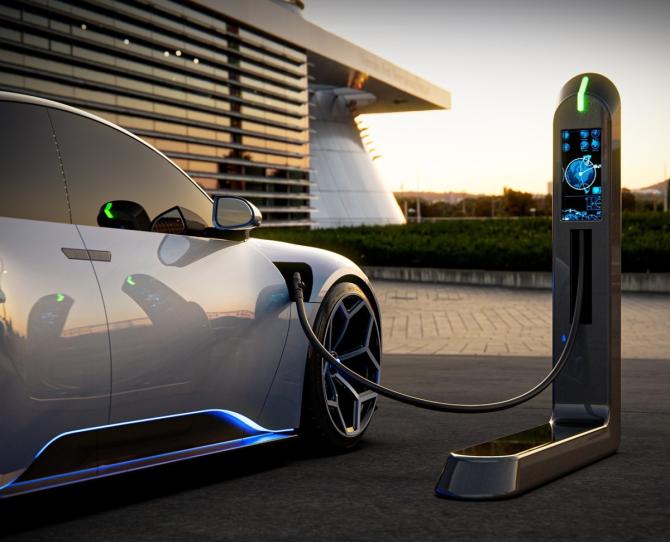Manufacturers of electric vehicles (EVs) have been lukewarm to the ad hoc subsidy scheme announced by the Centre for them.

Sector majors have not been enthused by the lower level of incentives in the scheme, which has replaced the flagship Faster Adoption and Manufacturing of Electric (and Hybrid) Vehicles-II.
Moreover, increased stringency in claiming subsidies and delays in disbursement have been cited by several original equipment manufacturers (OEMs).
These, they say, would potentially dissuade them from seeking the incentives.
The Rs 500 crore Electric Mobility Promotion Scheme (EMPS) 2024 was announced by the Ministry of Heavy Industries on Wednesday for four months from April 1 to July 31.
“We knew government did not have the money for EV.
"If the subsidy is only for four months, we will have to accept slower growth and move for higher premiumisation in the market as we must make margins to survives.
"So, what you will see is lower volumes, slower growth and higher premiumisation as Rs 1 lakh is the cost price for a good quality two-wheeler,” said a top executive of a leading electric two-wheeler company.
But he says that if subsidy continues the industry would see decent growth in 2025.
The person also pointed out that with tough domestic value addition rules and stiff rules PLI incentives are not easy to come by - the industry seems to be veering to a non-subsidy-based growth and that seems to be the best in the long term.
But others say that a 13-16 per cent incentive under PLI could neutralise the impact of subsidy from the new scheme and the impact might not be so serious on growth.
The hit could be even higher for electric bike makers.
The government has lowered the maximum subsidy cap for e2Ws to Rs 10,000 per vehicle from the previous Rs 22,500, and for e3Ws to Rs 50,000 from Rs 1,11,505.
Additionally, for e-rickshaws the maximum subsidy cap is Rs 25,000.
“It is very clear that bike volumes and innovation will take a back seat now for a few years.
"At most companies will make 100cc equivalent bikes to stay in the game, but 150cc equivalent bikes look challenging now,” says a CEO of an electric bike company.
Makers of electric three-wheeler (e3W) also expressed concern over the significant reduction of more than 50 per cent in subsidies, and called the move a significant setback for the segment.Although e3W players indicated their intention to engage with the scheme, they aimed to exclusively sell L5 models (stronger three-wheelers with larger batteries) that qualify for a Rs 50,000 subsidy.
“We feel the reduction in the amount of subsidy, especially in the e3W segment, could be reconsidered if the government looks to extend the scheme beyond four months,” said Hyder Khan, chief executive officer of Godawari Electric Motors.
The brief duration of the scheme is another worry for OEMs because they are hesitant to enrol for just four months.
Though government sources indicated plans to allocate more funds to drive electric mobility in the country, they refrained from commenting on whether these funds would be allocated to the existing scheme or if a new scheme would be introduced.
“Further decisions will be made after a new government comes to power following the Lok Sabha election,” a senior government official said.











